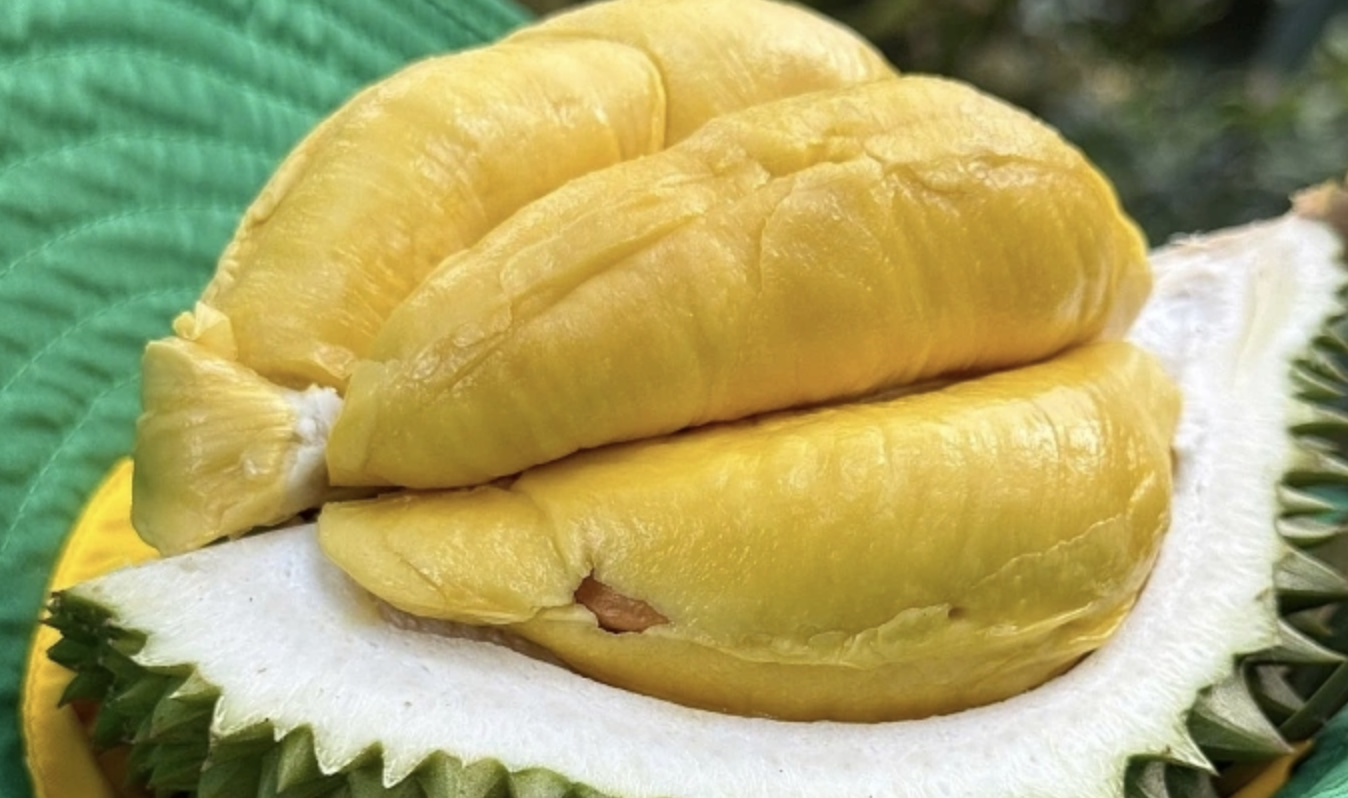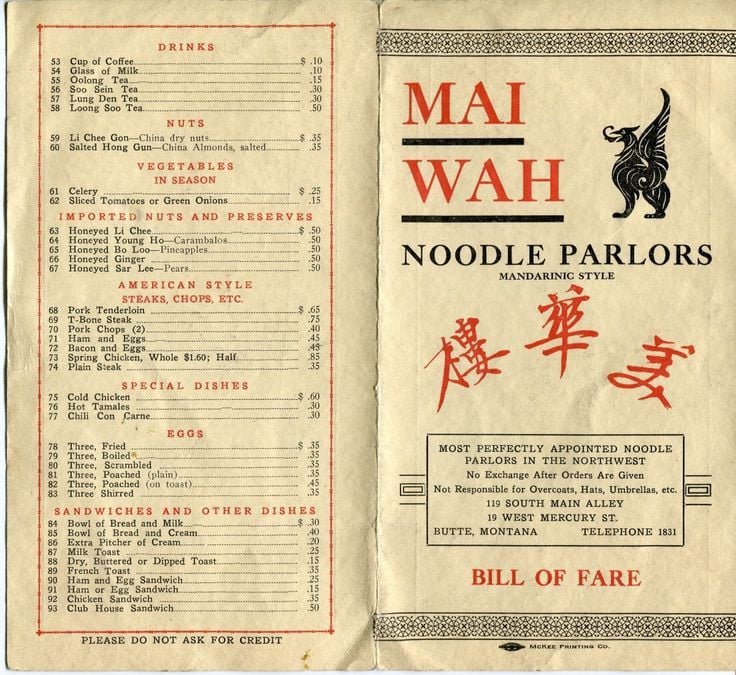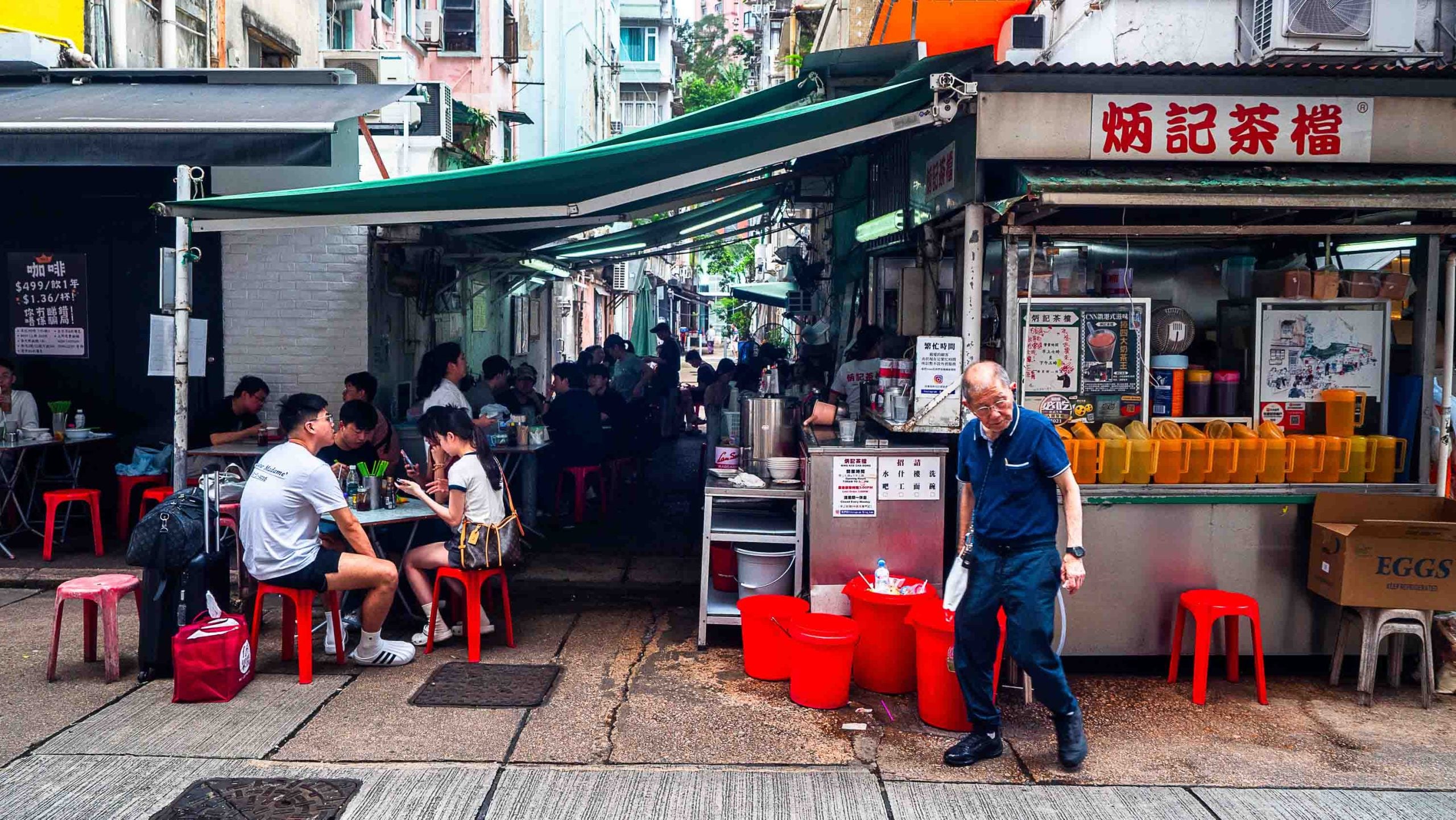Which city has the best food in the world? Travel researchers Lyric and Asher Fergusson have an answer. In their new project, the Global Foodie Index, the two use objective metrics to answer this subjective question. Two Chinese cities feature in the top 20 — Hong Kong, at number eight, and Shanghai, at 17th.
Other cities in the Chinese mainland to make the ranking include Guangzhou in 34th place and Beijing in 46th.
The Global Foodie Index uses five numerical values to rank 150 cities: Average mid-range meal cost for two, types of national cuisine represented, the number of restaurants per capita, and the number of restaurants recognized by rankings like the Michelin Guide and The World’s 50 Best Restaurants.

Asher tells RADII that the 150 cities were chosen based on the available data. He elaborates, “Beyond that, I felt it was important to capture parts of the world that are often under-represented in foodie lists, like Africa, the Middle East, and South America.”
Asher, who hails from Sydney, Australia, and his wife Lyric, who grew up in Los Angeles, first began blogging about their travels in 2009 and have since compiled research for multiple rankings, including an LGBTQ+ Danger Index and a Raising a Family Index.
Like their other rankings, the Global Foodie Index was born of Asher’s love for statistics. He tells RADII, “Everyone has a unique opinion and experience, but what can we extract from the data? What metrics can be included that capture a wonderful food experience? What do we value when picking our foodie destinations, and how can we capture that worldwide? That’s the value of creating a mixed methods research study — [it’s] more than the sum of its parts.”
Unlike the controversial 2022 TasteAtlas list of the world’s best cuisines (which ranked the USA above countries like China and France), the Global Foodie Index doesn’t rely on audience votes. This objectiveness helps lesser-known cuisines and cities, like Valletta in Malta, rise to the top (well, 16th, in Valletta’s case).
Which one is your favorite?
— TasteAtlas (@TasteAtlas) December 22, 2022
Full top 95 list: https://t.co/194Xj0ZMZ4 pic.twitter.com/v4uYHnGzGD
However, the Fergussons’ index does skew more towards Europe: Of the 63 countries included, 28 are European, though this can also be attributed to the constraints of available data.
The Fergussons explained in their methodology that “The Michelin Guide […] has a heavy bias towards Asian, European, and to a lesser extent, American restaurants. Much of the world is simply under-represented […], which is an obvious limitation of our foodie study. However, Michelin is such an industry standard that it would be negligent to omit it as a factor.”
Despite the limitations of the data, the Global Foodie Index is a useful and — at times — surprising overview of the world’s cuisines. Asher, for one, told RADII that he enjoyed seeing some commonly overlooked cities in higher positions on the ranking.
He wrote, “South Africa, for example, has a great food culture that rarely gets talked about, but both Cape Town and Durban made it onto the list. Indian food is a particular favorite of mine, so it was great to see three Indian cities in the top 50 rankings.”
On a personal note, Asher tells us that he and Lyric had “some of the best food of [their lives]” in Chennai, India, which ranks 24th on the index.
Explore the entire Global Foodie Index here.
Cover images via Depositphotos and Unsplash

















